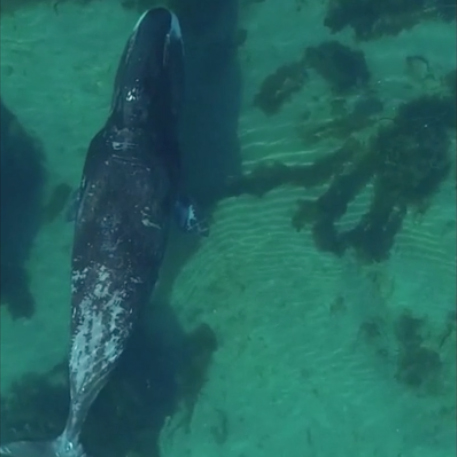
Tags: Andrew Trites, Arctic, bowhead whales, faculty, IOF postdoctoral fellows, Marine Mammal Research Unit, marine mammals, Research, Sarah Fortune, whales
Understanding the needs of bowheads is a crucial first step taken to learn how they will respond to climate change.
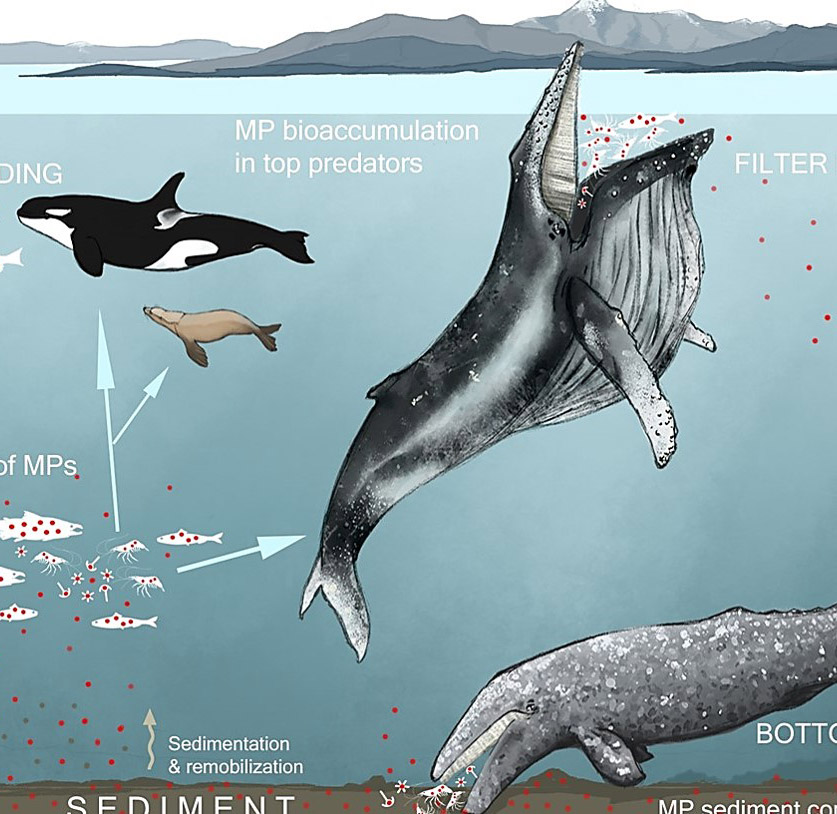
"We learned that the water and sediments are polluted with microplastics. The global ocean is basically a dump. We need to change our behaviours, our preferences and our consumption.”
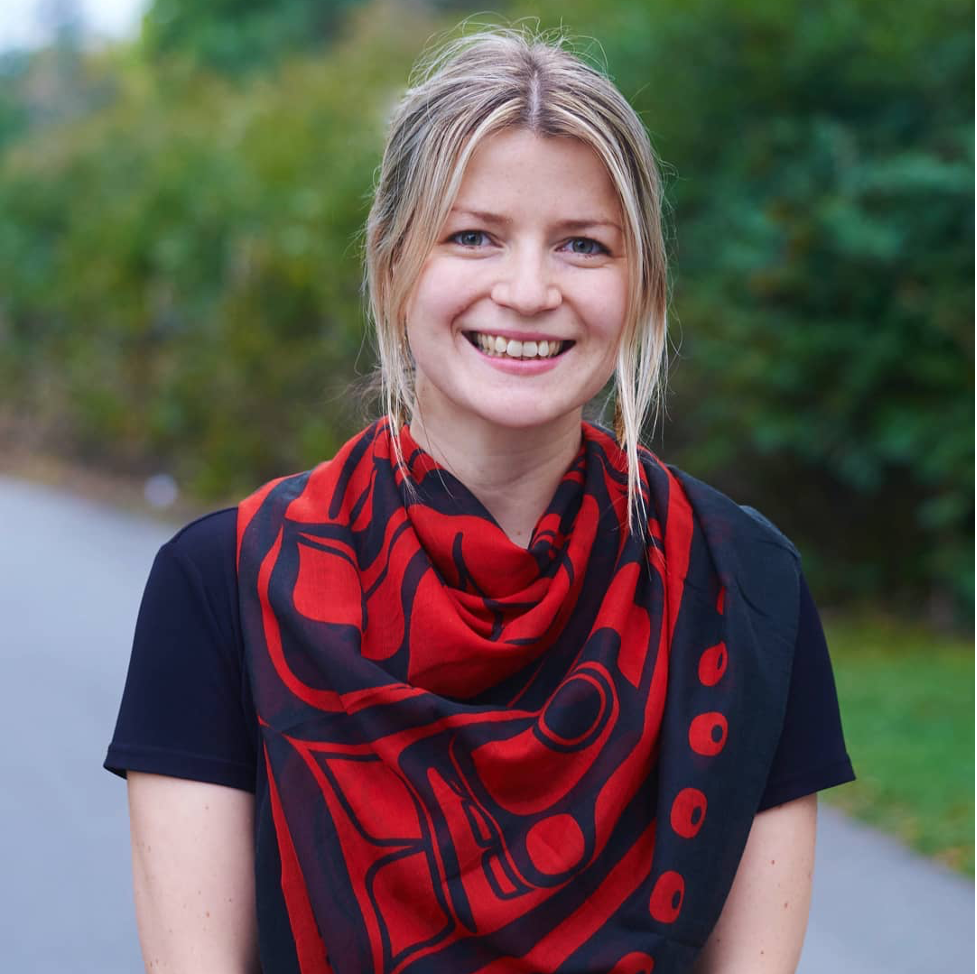
Tags: Aboriginal fisheries, Andrea Reid, Canada, Centre for Indigenous Fisheries, Indigenous fisheries
Indigenous fisheries scientist, conservation biologist and Nisga’a Nation member Dr. Andrea Reid joining as Principal Investigator.
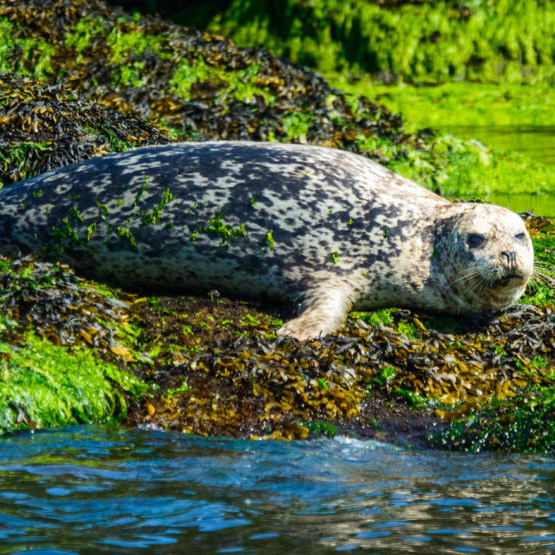
UBC researchers set out to determine who was eating juvenile salmon, and when and where it was occurring by capturing and tracking harbour seals that carried cell-phone-like devices that recorded everything and everywhere the seals went.
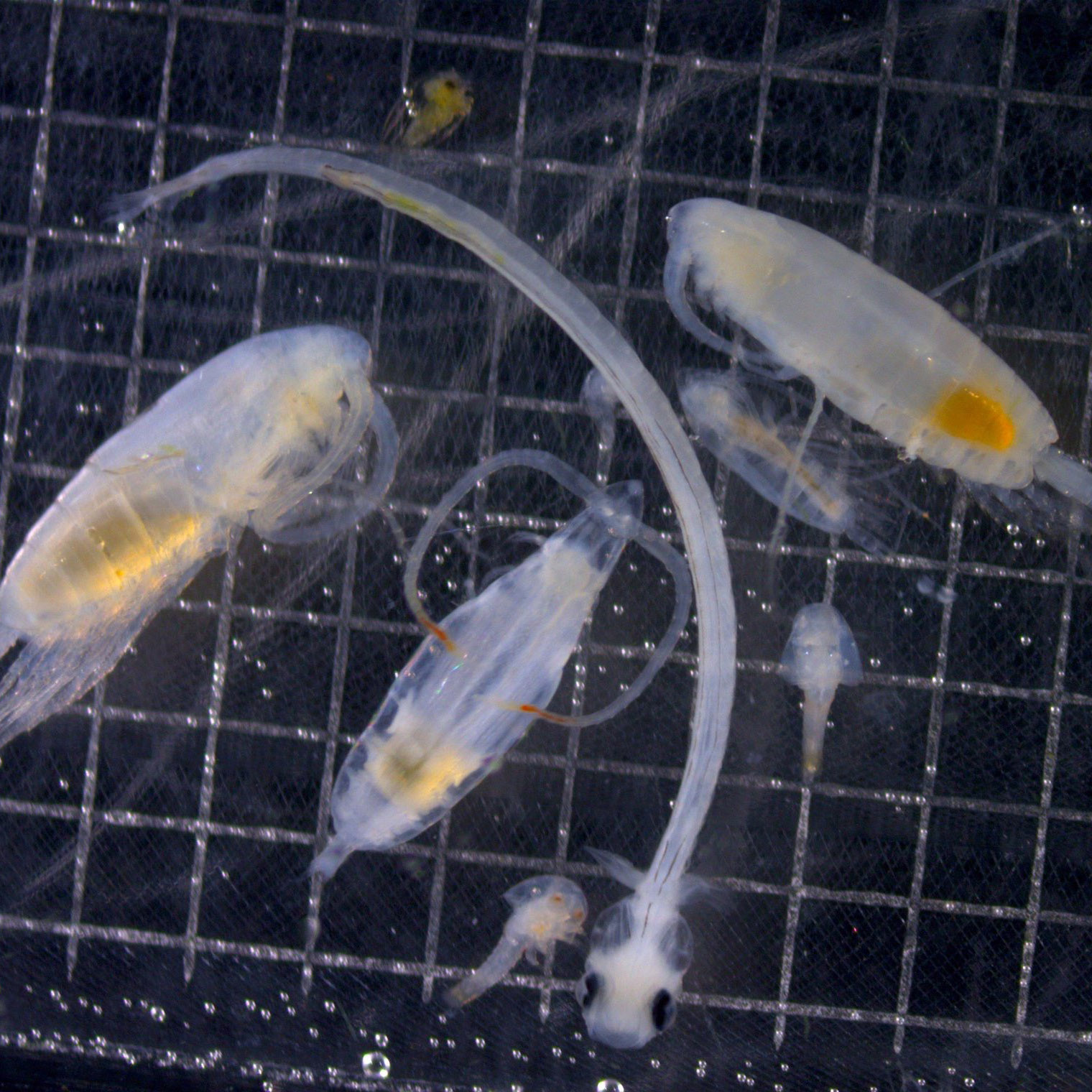
Tags: Brian Hunt, British Columbia, Evgeny Pakhomov, food webs, Hakai Institute, Pacific, plankton, salmon
Zooplankton communities are profoundly shaped by BC's complicated coastlines, creating a mosaic of foraging conditions for the juvenile salmon that depend on them for sustenance.
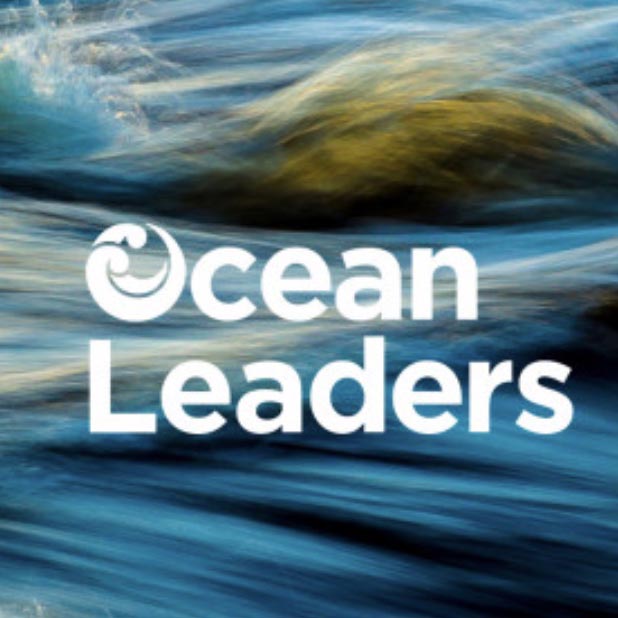
Tags: Aboriginal fisheries, China, fieldwork, fishmeal, Indigenous fisheries, IOF students, Ocean Leaders, Research, science communications, Simon Donner, Tsleil-Waututh Nation
Ocean Leaders teaches students from across disciplines in the natural and social sciences how to communicate marine research to a broad audience
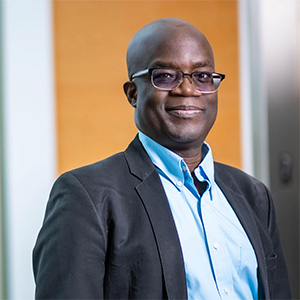
The University Killam Professorship is the highest honour that UBC can confer on a faculty member, and recognizes exceptional teachers and researchers who are leaders in their fields.

He receives this award in recognition of his ground-breaking research and lifelong contribution to the study of fish and fisheries science.
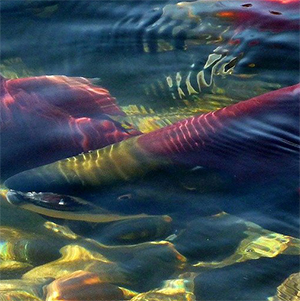
Tags: animal movement, Brian Hunt, Evgeny Pakhomov, Pacific, Pelagic Ecosystems Lab, plankton, Research, salmon, species distribution
Knowing where different salmon stocks forage will be essential for identifying the unique environmental threats they will face as oceans become more inhospitable due to climate change and other cumulative impacts.
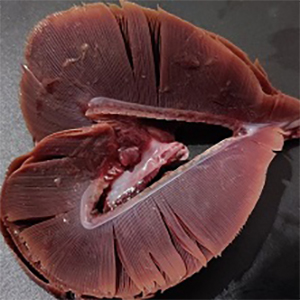
Daniel Pauly argues that scientists need to avoid attaching human attributes to fish and start looking at their unique biology and constraints through a different lens.